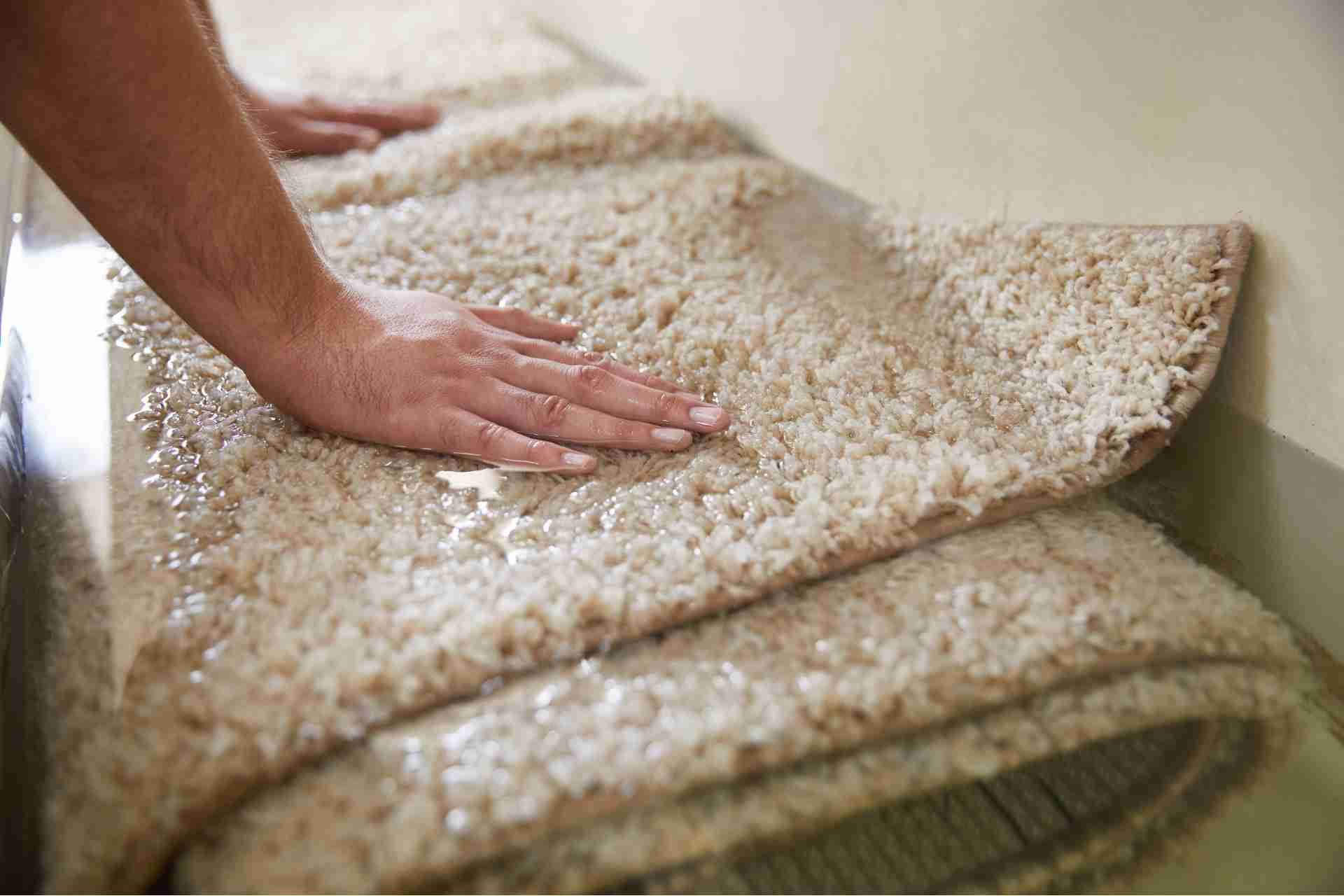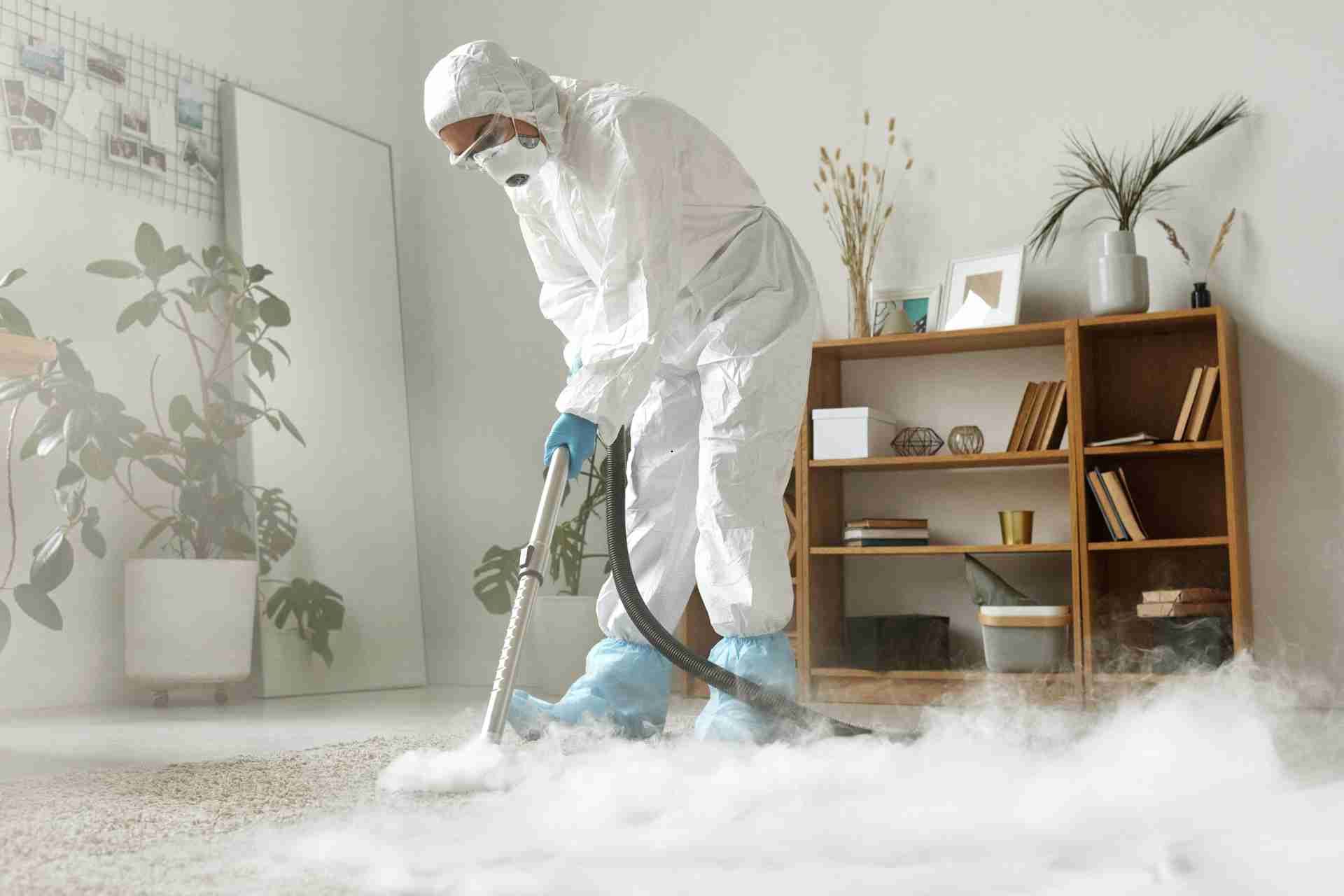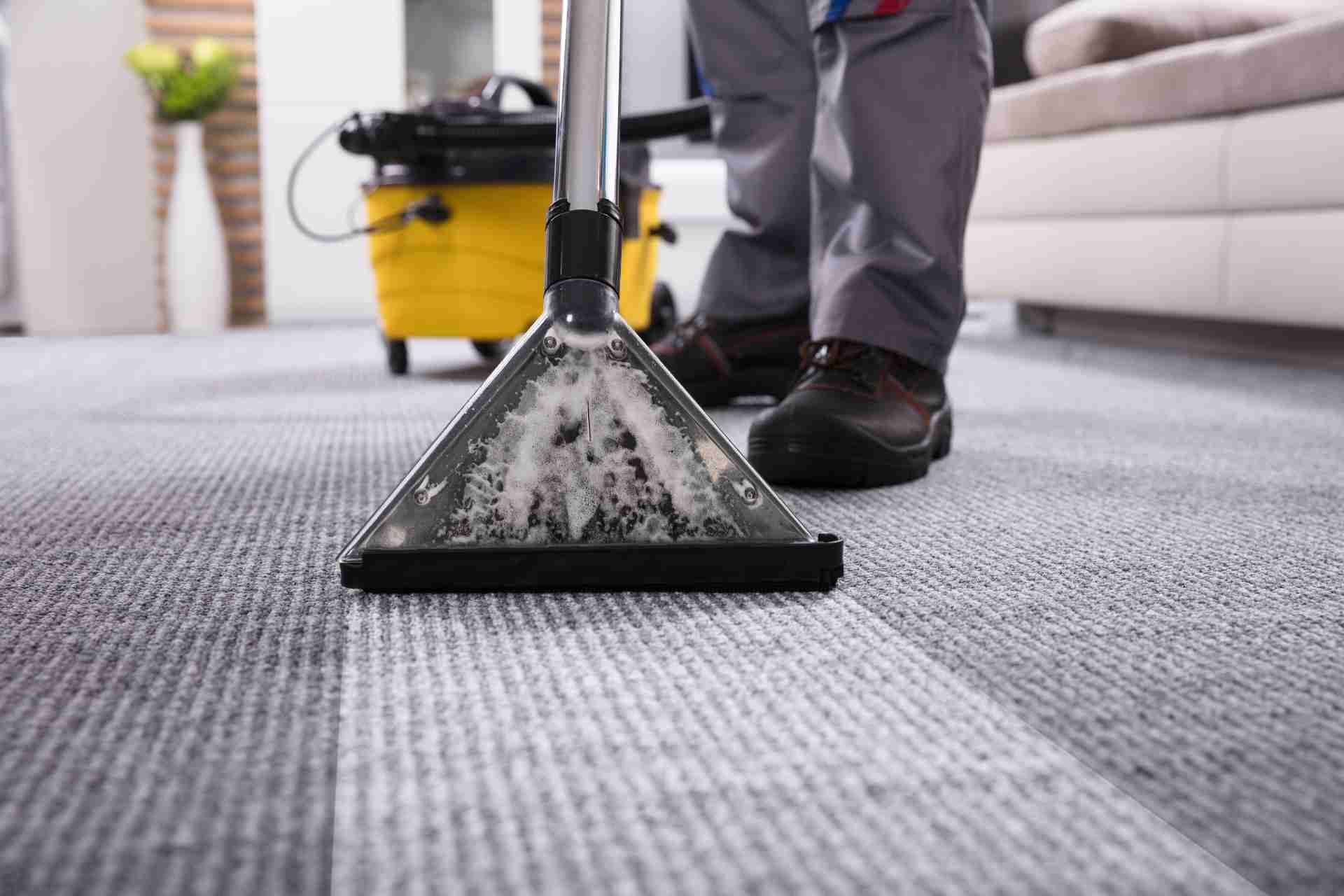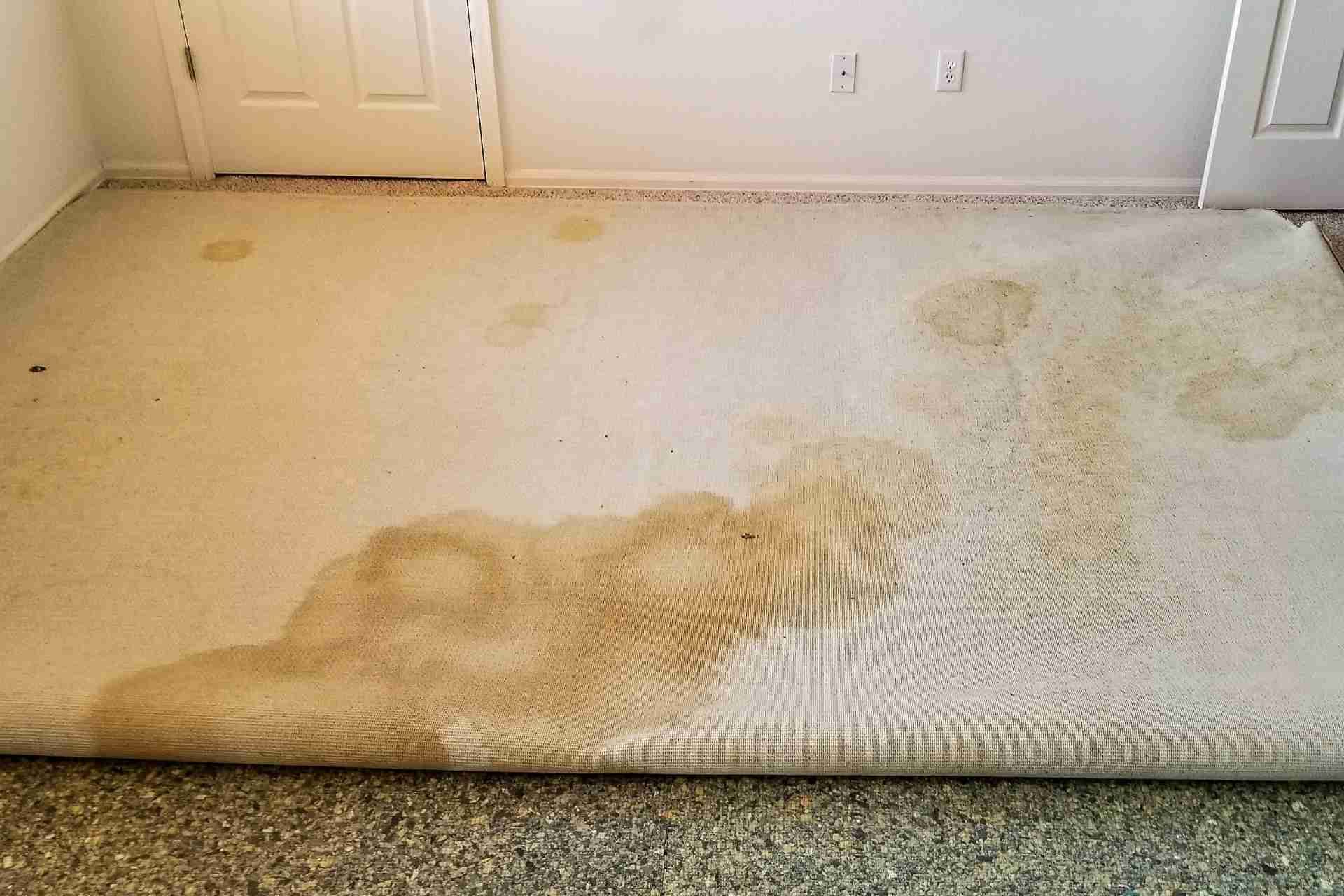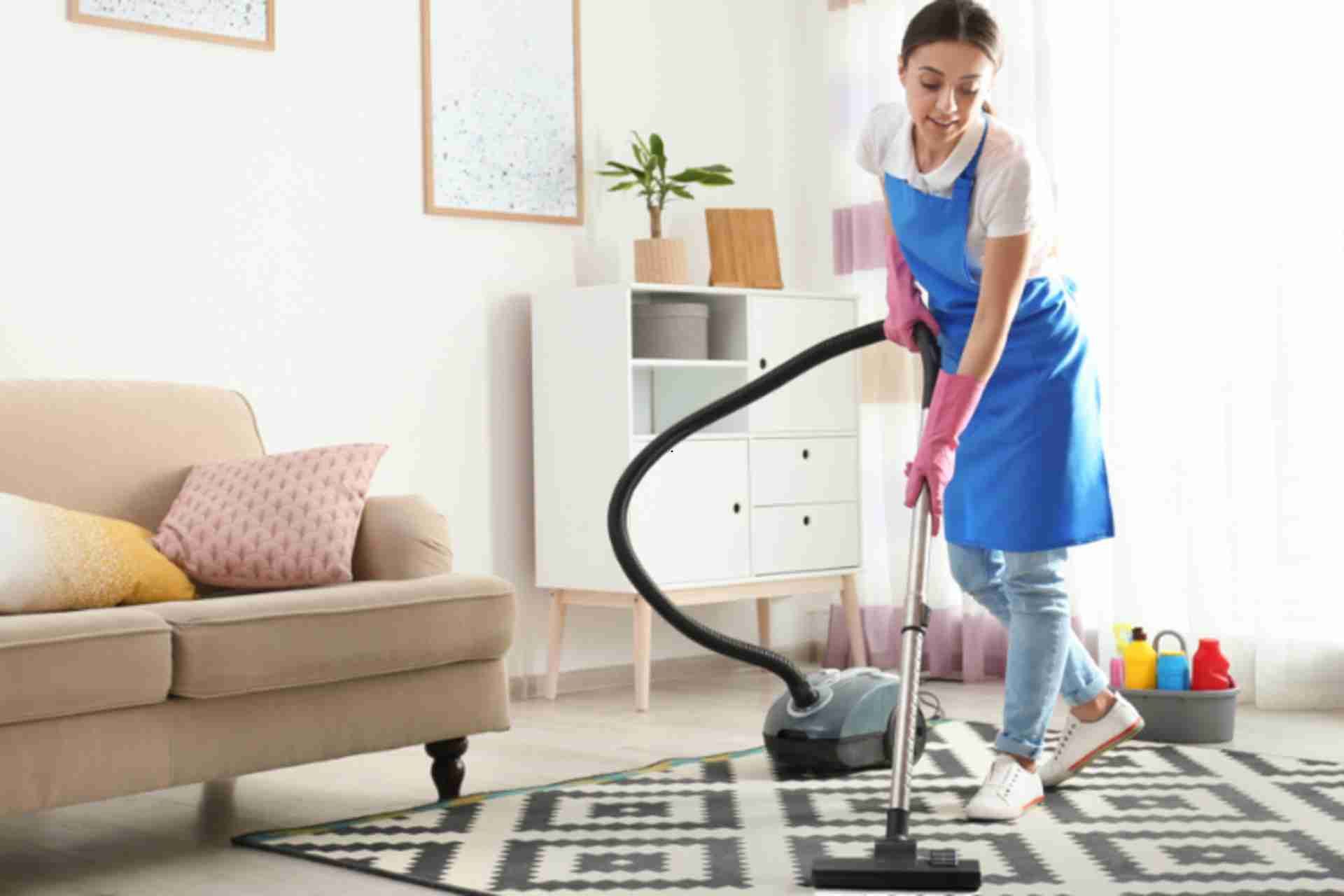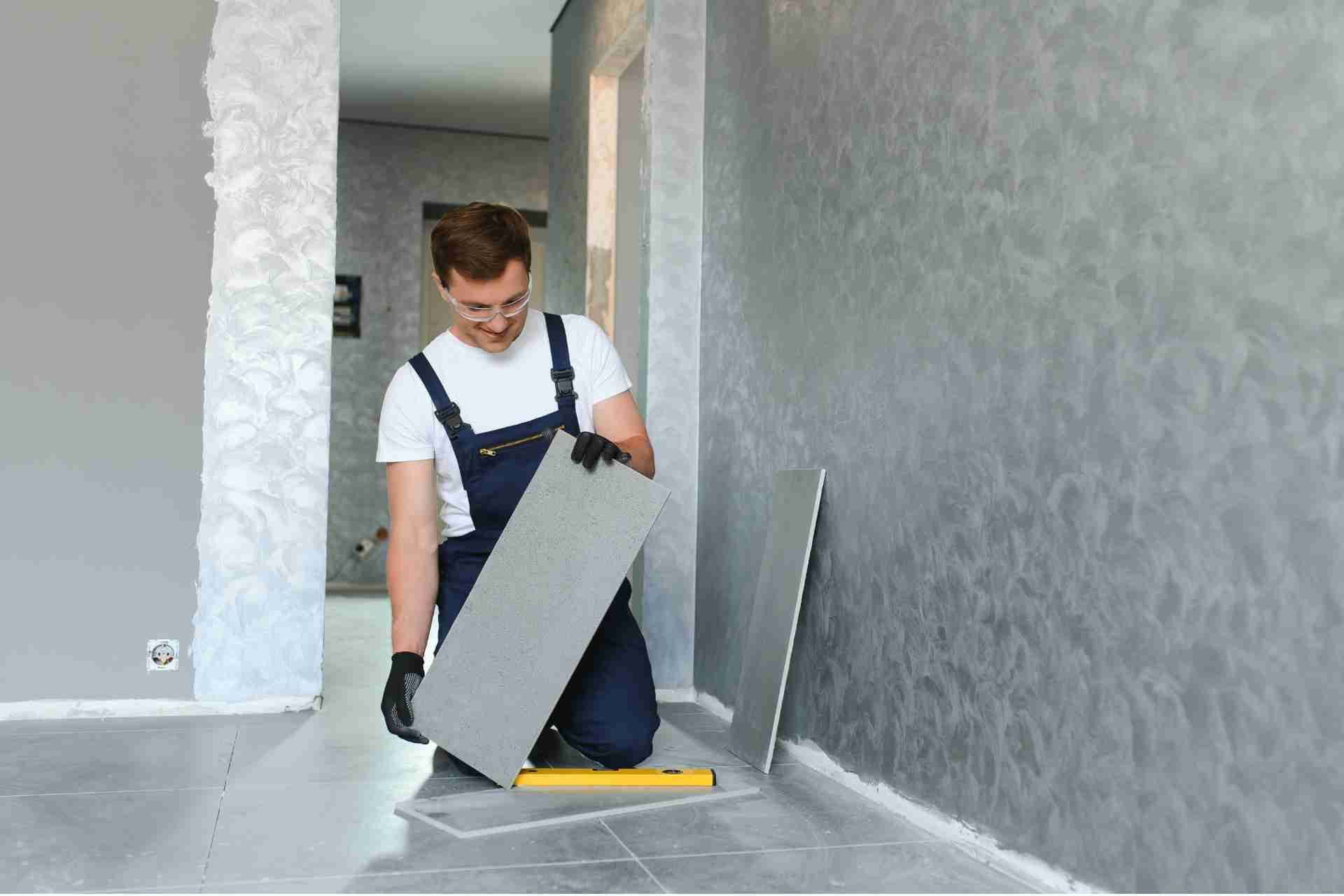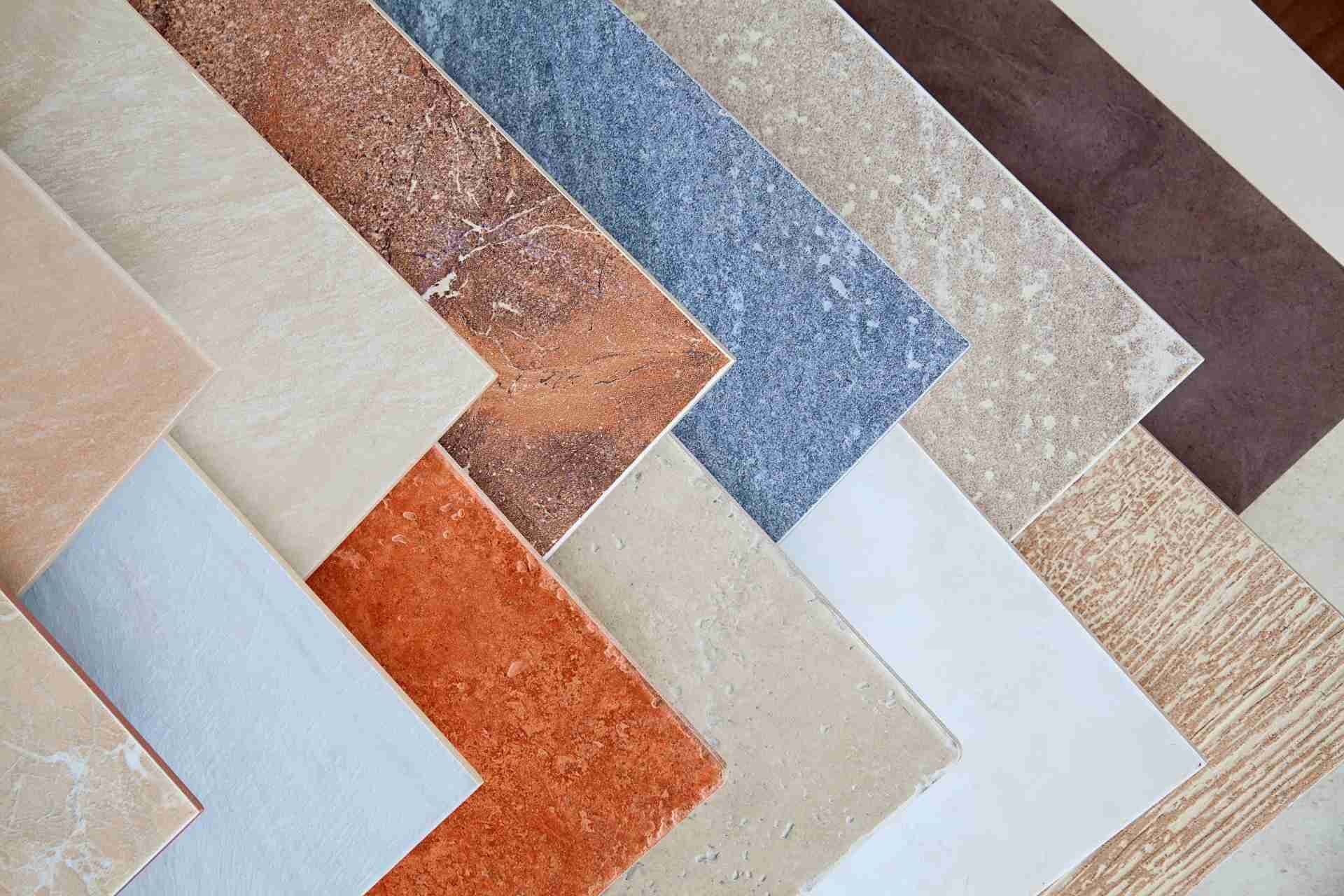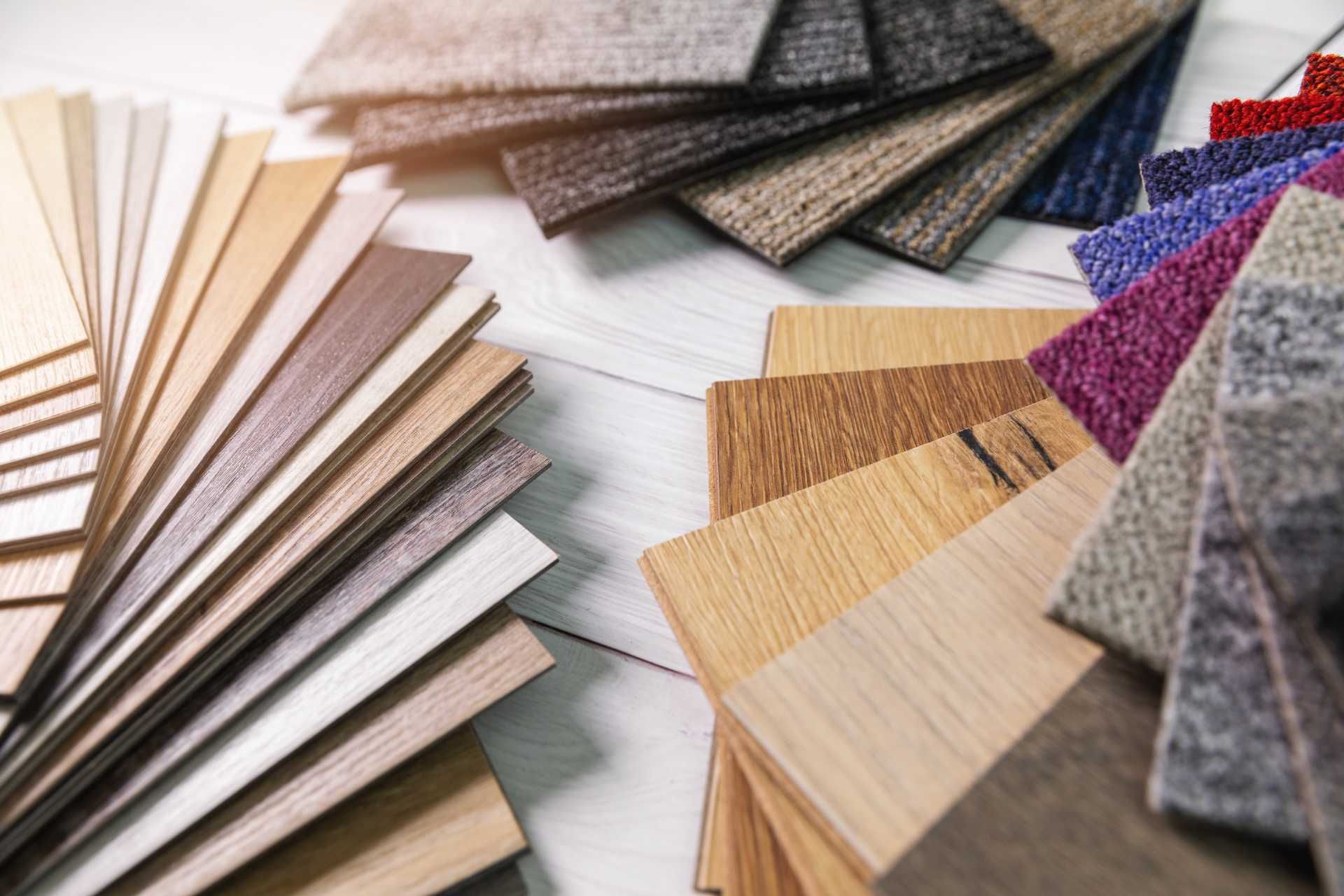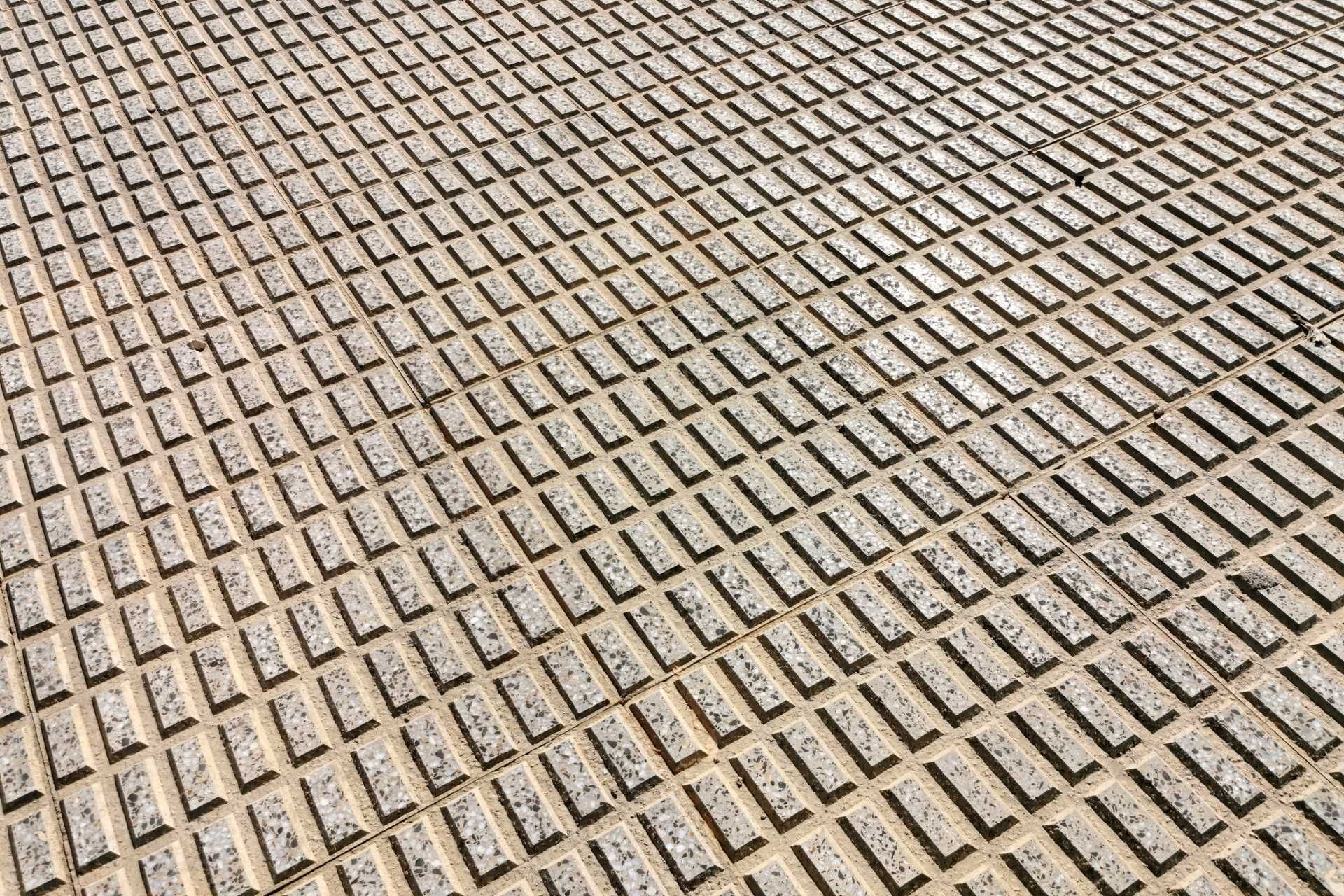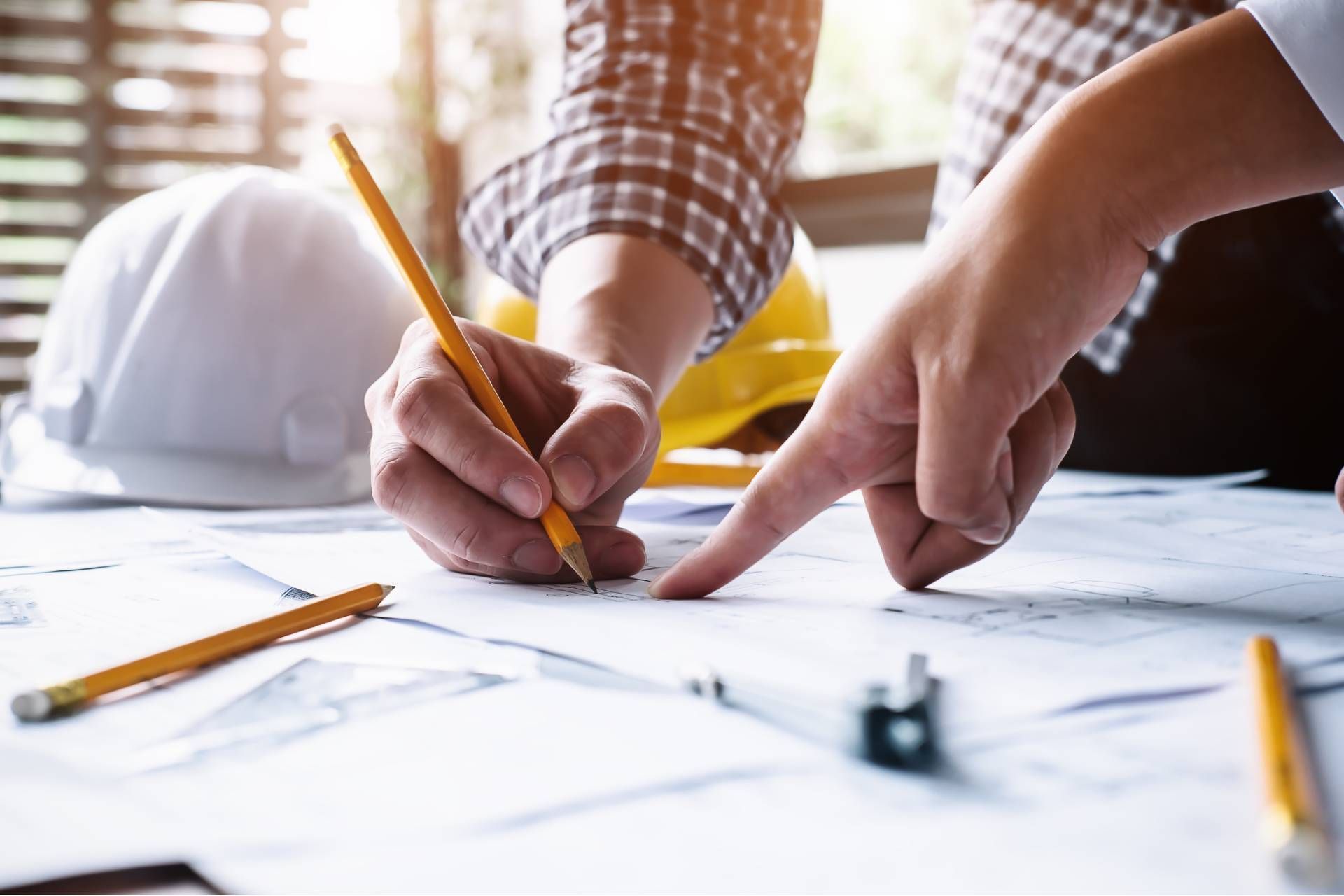Discovering the Beauty and Versatility of Luxury Vinyl Plank Flooring
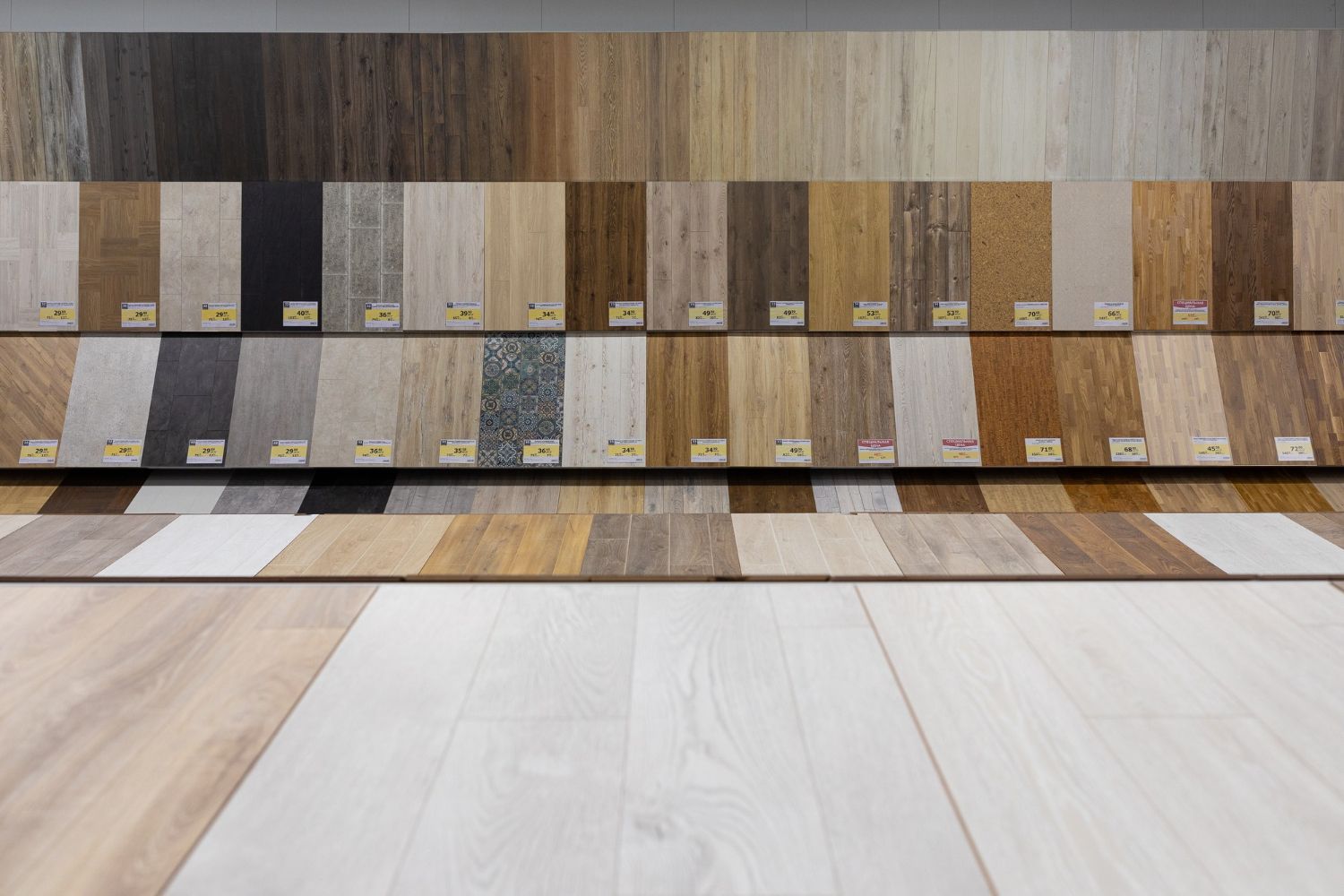
Introduction
When it comes to choosing the perfect flooring for your home or commercial space, there are numerous options available. One such option that has gained significant popularity in recent years is luxury vinyl plank (LVP) flooring. LVP flooring combines the best of both worlds: the durability and affordability of vinyl with the realistic appearance and texture of hardwood. In this comprehensive guide, we will delve into the world of luxury vinyl plank flooring, exploring its features, benefits, and why it has become a top choice for homeowners and designers alike.
Understanding Luxury Vinyl Plank Flooring
Luxury vinyl plank flooring is a synthetic flooring option designed to mimic the look and feel of natural hardwood flooring. It consists of several layers that work together to provide durability, stability, and visual appeal. The top layer, also known as the wear layer, protects the floor from scratches, stains, and fading. Beneath the wear layer is the design layer, which showcases high-definition images of wood grain patterns, knots, and textures. This layer is responsible for the realistic appearance of LVP flooring. The core layer, typically made of PVC (polyvinyl chloride) or SPC (stone plastic composite), gives the planks their stability and resistance to impact and moisture. Finally, the backing layer adds additional support and helps to minimize sound transmission.
Advantages of Luxury Vinyl Plank Flooring
- Realistic Appearance: One of the key advantages of LVP flooring is its ability to closely resemble the look and texture of hardwood. Advanced printing techniques and embossing give the planks a three-dimensional appearance, capturing the natural beauty of wood species like oak, maple, walnut, and more. The wide range of colors, finishes, and plank sizes available in LVP flooring allows for endless design possibilities, enabling you to achieve the desired aesthetic for your space.
- Durability and Resilience: Luxury vinyl plank flooring is renowned for its durability. The wear layer provides exceptional resistance to scratches, stains, and fading, making it ideal for high- traffic areas in homes and commercial spaces. Additionally, the core layer of LVP flooring adds stability and resilience, allowing it to withstand heavy furniture, foot traffic, and other impacts without denting or warping. This durability ensures that LVP flooring maintains its beauty and functionality for years to come.
- Moisture Resistance: Unlike hardwood flooring, LVP flooring is highly resistant to moisture, making it suitable for installation in areas prone to spills, humidity, or moisture, such as kitchens, bathrooms, and basements. The waterproof nature of LVP flooring prevents water damage, mold growth, and warping, providing peace of mind and ease of maintenance.
- Easy Maintenance: Luxury vinyl plank flooring is incredibly low maintenance, requiring minimal effort to keep it looking its best. Regular sweeping or vacuuming, along with occasional damp mopping using a manufacturer-approved cleaner, is typically sufficient to remove dirt and maintain the floor's cleanliness. Unlike hardwood flooring, LVP does not require refinishing or sealing, saving you time and money on maintenance tasks.
- Comfort and Sound Absorption: LVP flooring offers a softer and more cushioned feel underfoot compared to hardwood, tile, or laminate flooring. The added comfort makes it a favorable choice for areas where prolonged standing or walking is common. Additionally, luxury vinyl plank flooring exhibits excellent sound absorption properties, reducing noise transmission and providing a quieter environment.
Installation Options and Considerations
- Floating Installation: The most common method of installing LVP flooring is the floating floor installation. The planks are not attached directly to the subfloor but instead interlock or adhere to each other. This installation method is relatively simple and can often be done as a DIY project. The planks are laid over a foam underlayment, which helps to provide cushioning, reduce noise, and act as a moisture barrier. The interlocking mechanism allows for easy installation and removal, making it a convenient choice for those who may want to update or change their flooring in the future.
- Glue-Down Installation: Another option for installing LVP flooring is the glue-down method. With this approach, the planks are directly glued to the subfloor using a recommended adhesive. This method provides additional stability and reduces the possibility of any movement or shifting over time. Glue-down installation is typically preferred in commercial settings or areas where heavy foot traffic is expected.
- Subfloor Preparation: Before installing LVP flooring, it's crucial to ensure that the subfloor is clean, smooth, and level. Any imperfections or unevenness can affect the appearance and performance of the flooring. Depending on the condition of the subfloor, it may require patching, leveling, or the use of a suitable underlayment to create a proper foundation for the LVP installation.
- Cost Comparison and Affordability (Approximately 250 words): When it comes to affordability, luxury vinyl plank flooring has a distinct advantage over hardwood flooring. While hardwood can be quite expensive, especially for premium wood species, LVP offers a more budget-friendly alternative without compromising on aesthetics or durability. The cost of LVP flooring varies based on factors such as the quality, brand, and installation method chosen. However, in general, it is more affordable than hardwood flooring.
- In addition to the lower upfront cost, LVP flooring can save you money in the long run. Its durability and resistance to wear mean that it requires minimal repairs or replacement, reducing maintenance and replacement costs over time. Furthermore, LVP's moisture resistance eliminates the need for additional moisture barriers or subfloor preparation, potentially reducing installation expenses.
Environmental Considerations:
Environmental considerations have become increasingly important in the selection of flooring materials. While LVP flooring is made from synthetic materials, there have been efforts by manufacturers to improve its environmental footprint. Many LVP products are now manufactured using recycled materials, and some brands offer eco-friendly options that meet strict environmental standards.
However, it's essential to note that LVP flooring is not biodegradable and may release volatile organic compounds (VOCs) during manufacturing and installation. It is advisable to look for LVP products that are FloorScore certified or have low VOC emissions to minimize any potential health concerns.
Conclusion (Approximately 100 words): Luxury vinyl plank flooring has gained widespread popularity due to its realistic appearance, durability, affordability, and ease of maintenance. Whether you're looking to enhance the beauty of your home or seeking a practical flooring solution for a commercial space, LVP flooring offers an array of benefits. From its ability to replicate the look of hardwood to its resistance to moisture and impact, luxury vinyl plank flooring combines style and functionality seamlessly. Consider your specific needs, aesthetic preferences, and budget when making your flooring decision, and enjoy the beauty and versatility that LVP flooring brings to your space.

